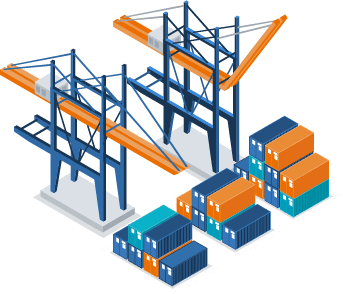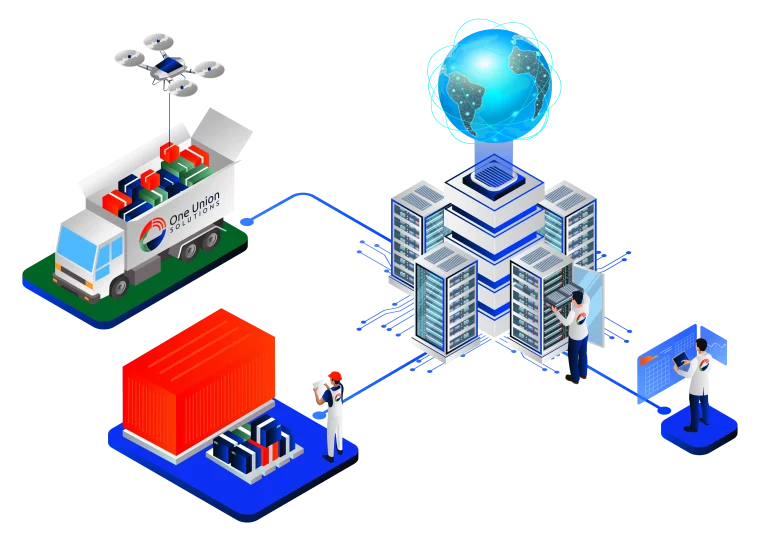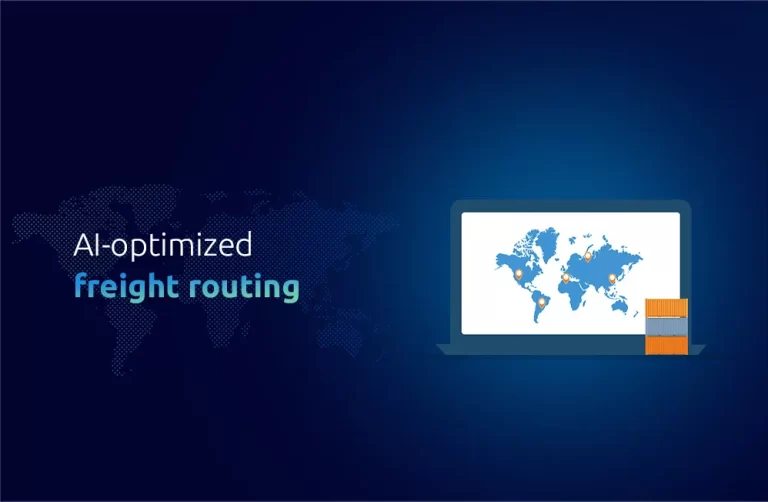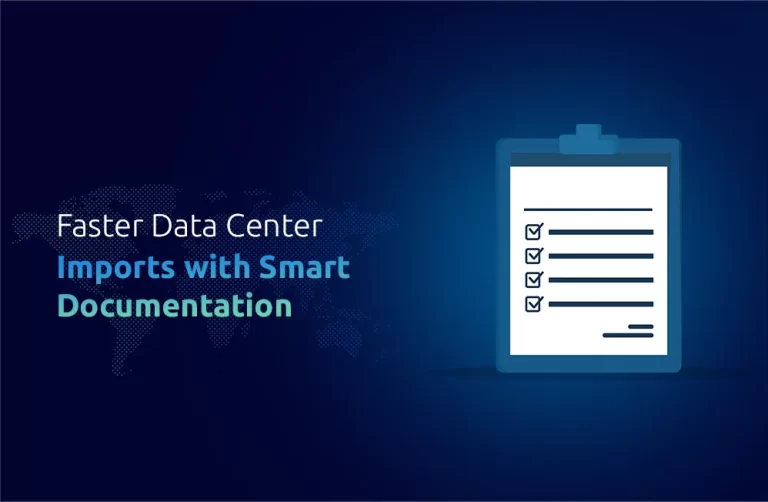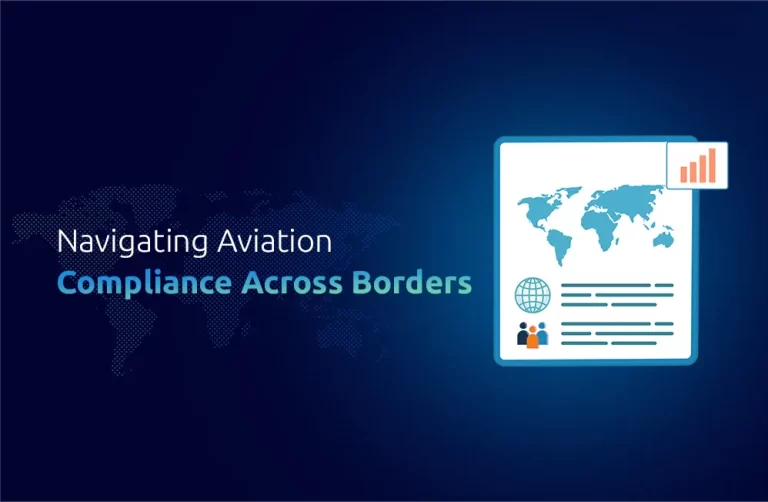Shipping IT and telecom equipment to the diverse industries of Ghana
The tech, medical, automotive, and aviation industries in Ghana are booming. Importing IT and telecom equipment can be tough. Here’s an overview of the process that highlights Importer of Record (IOR) services at One Union Solutions. Import regulations, like customs documentation and product registration, are important to know. Conformity with certifications like the CE mark and FCC makes sure products are safe. There are import duties, VAT, and special import levies.
Following customs procedures, choosing the right Incoterm, and adhering to trade rules are key.
In the tech industry:
Increasing demand for IT equipment and solutions is fueling Ghana’s tech industry growth. Understanding the specific regulations and certifications that apply to IT equipment is crucial when importing computers, servers, networking devices, and software. By complying with certifications like CE marking and FCC certification, imported products are safe, healthy, and environmentally friendly. Bringing tech equipment into the country also comes with tax and duty obligations. The tech industry needs to know about trade rules and documentation requirements, like proper customs procedures and import licenses.
In the medical industry:
Providing quality healthcare services in Ghana relies on the importation of medical devices, diagnostic equipment, and healthcare technologies. Understanding the regulatory landscape and certifications specific to the medical field is key to importing medical equipment. Certifications like CE marking ensure the safety and effectiveness of medical devices. Taxes and duty implications are also important to consider when importing medical equipment. Knowledge of import licenses and customs procedures is also crucial to navigating the import process successfully and contributing to Ghana’s medical growth.
In the automotive industry:
There’s a lot of demand for vehicles and automotive parts in Ghana, so the industry is growing fast. There are regulations and certifications that go along with importing automotive equipment, spare parts, and components. Ensure compliance with the necessary certifications and standards by familiarizing yourself with the import regulations relevant to the automotive sector. Understanding the tax and duty structure for automotive imports is important for cost management. Additionally, import licenses and familiarity with customs procedures specific to the automotive industry are crucial for a seamless importation process, which contributes to Ghana’s growth and advancement.
In the aviation industry:
The Ghanaian aviation industry is crucial to the country’s economy and connectivity. Importing aviation equipment, such as aircraft parts, avionics, and ground support equipment, requires compliance with strict regulations. In order to ensure the safety and reliability of imported equipment, international aviation standards and certifications must be adhered to. The tax and duty implications of aviation imports are also important to consider. An understanding of the specific customs procedures and import licenses related to Ghana’s aviation industry is crucial for a successful import operation.
Importing IT and telecom equipment into Ghana’s thriving tech, medical, automotive, and aviation industries presents a multifaceted challenge. However, strategic utilization of Importer of Record (IOR services ) can effectively mitigate complexities, ensuring meticulous adherence to regulations, certifications, and streamlined importation procedures. This comprehensive guide empowers importers with a comprehensive understanding of Ghana’s import regulations, certifications, tax and duty obligations, and trade rules. Armed with this knowledge, importers can confidently navigate the intricacies of Ghana’s dynamic industries, making well-informed decisions and establishing robust import operations.

